Prime Minister Theresa May calls snap general election
Tories seek larger Parliament majority ahead of Brexit
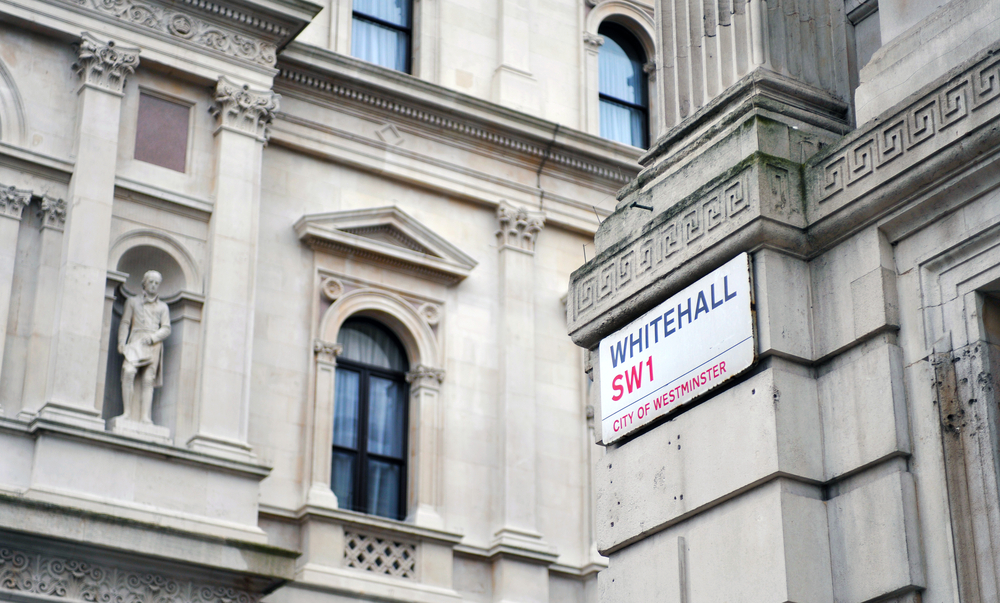
UK Prime Minister Theresa May has called a snap election for 8 June, in a bid to clear the path for Brexit.
Speaking outside 10 Downing Street this morning, May said she has "reluctantly come to this conclusion" as a way to increase her party's majority and thwart parties who plan to oppose the government's Brexit strategy.
"Division in Westminster will risk our ability to make a success of Brexit and it will cause damaging uncertainty and instability to the country," she said.
Defending her Tory government's plan to exit the single market and restrict freedom of movement, as well as negotiating the UK's own free trade deals, May said opposition parties want to undermine the UK's exit from the EU.
The Liberal Democrats want UK citizens to get a vote on the manner of the UK's departure, and the Scottish National Party (along with the Lib Dems, Plaid Cymru and Labour rebels) voted against the government's European Union Bill in Parliament in February, while it is pushing for a second Scottish referendum.
Under May, the Conservatives plan to reveal little of their negotiation strategy with the EU, and do not want Parliament to get a vote on the result of that negotiation.
The prime minister has previously said there will be no election until 2020, but her party's slim majority in Parliament was coupled with some high profile defeats in the House of Lords, where the upper house voted to guarantee the rights of EU citizens already resident in the UK - this was later rejected by the Commons.
Get the ITPro daily newsletter
Sign up today and you will receive a free copy of our Future Focus 2025 report - the leading guidance on AI, cybersecurity and other IT challenges as per 700+ senior executives
May said: "Our opponents believe that because the Government's majority is so small, our resolve will weaken and that they can force us to change course. They are wrong."
She will need to secure a two-thirds majority in Parliament for the election to go ahead.
Read IT Pro's roundup of parties' 2015 election tech manifestos
If the Conservatives win a larger majority the government can continue to implement its IT transformation strategy, which was revealed in February after a year delay. It has recently come out strongly against the use of encryption, and the Tories won the 2015 election after reforming Whitehall IT with the creation of the Government Digital Service in 2011.
Under leader Jeremy Corbyn, Labour wants to create a 'Universal Service Obligation' to improve high-speed broadband access, and create digital passports - essentially verifiable online identities - for citizens.
In response to May's snap election, Corbyn said: "I welcome the Prime Minister's decision to give the British people the chance to vote for a government that will put the interests of the majority first.
"Labour will be offering the country an effective alternative to a government that has failed to rebuild the economy, delivered falling living standards and damaging cuts to our schools and NHS.
"In the last couple of weeks, Labour has set out policies that offer a clear and credible choice for the country. We look forward to showing how Labour will stand up for the people of Britain."
The Liberal Democrats' 2015 manifesto aimed to double R&D spending, attract foreign STEM skills as well as boost STEM education inside the UK, and grow GDS's remit to cover local government.
Responding to May's announcement, a Lib Dem statement read: "The Liberal Democrats are the real opposition to the Conservative Brexit Government and the only party fighting for a Britain that is open, tolerant and united."
-
 Cleo attack victim list grows as Hertz confirms customer data stolen
Cleo attack victim list grows as Hertz confirms customer data stolenNews Hertz has confirmed it suffered a data breach as a result of the Cleo zero-day vulnerability in late 2024, with the car rental giant warning that customer data was stolen.
By Ross Kelly
-
 Lateral moves in tech: Why leaders should support employee mobility
Lateral moves in tech: Why leaders should support employee mobilityIn-depth Encouraging staff to switch roles can have long-term benefits for skills in the tech sector
By Keri Allan
-
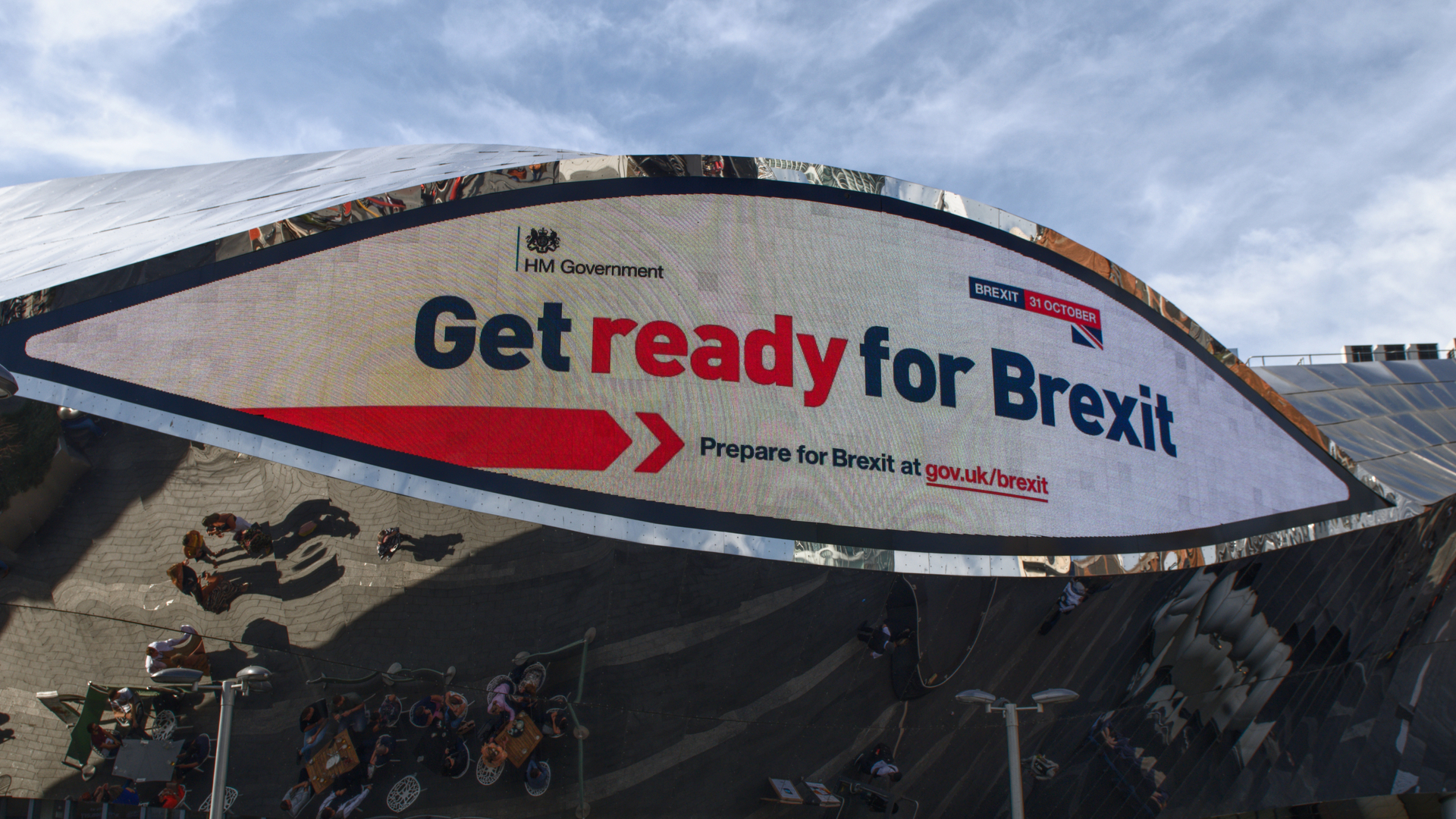 Federation of small businesses says tech vouchers needed to survive Brexit transition
Federation of small businesses says tech vouchers needed to survive Brexit transitionNews SMBs need financial support to help them with expertise, new technology, and training, group argues
By Daniel Todd
-
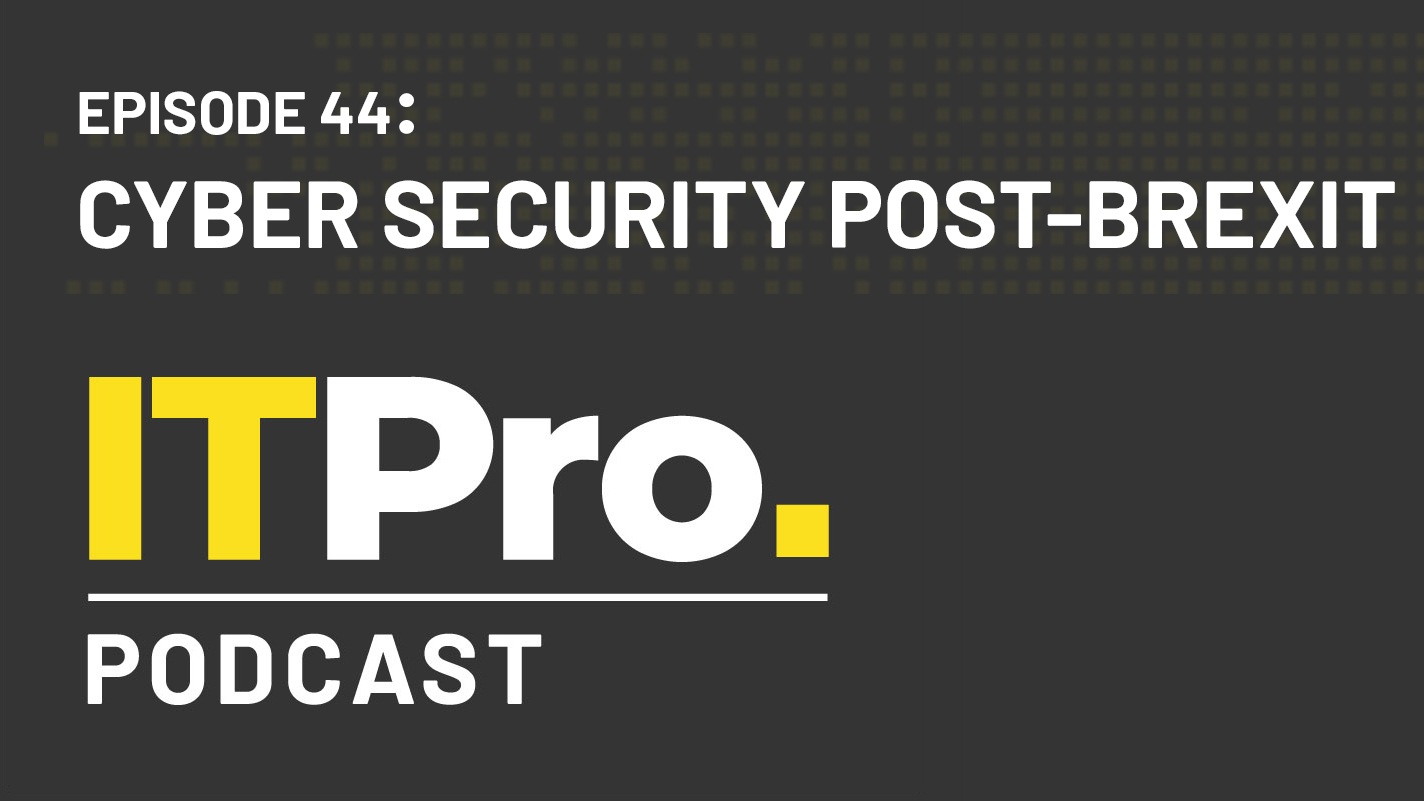 The IT Pro Podcast: Cyber security post-Brexit
The IT Pro Podcast: Cyber security post-BrexitIT Pro Podcast Changes are on the way - but how will they affect IT security?
By IT Pro
-
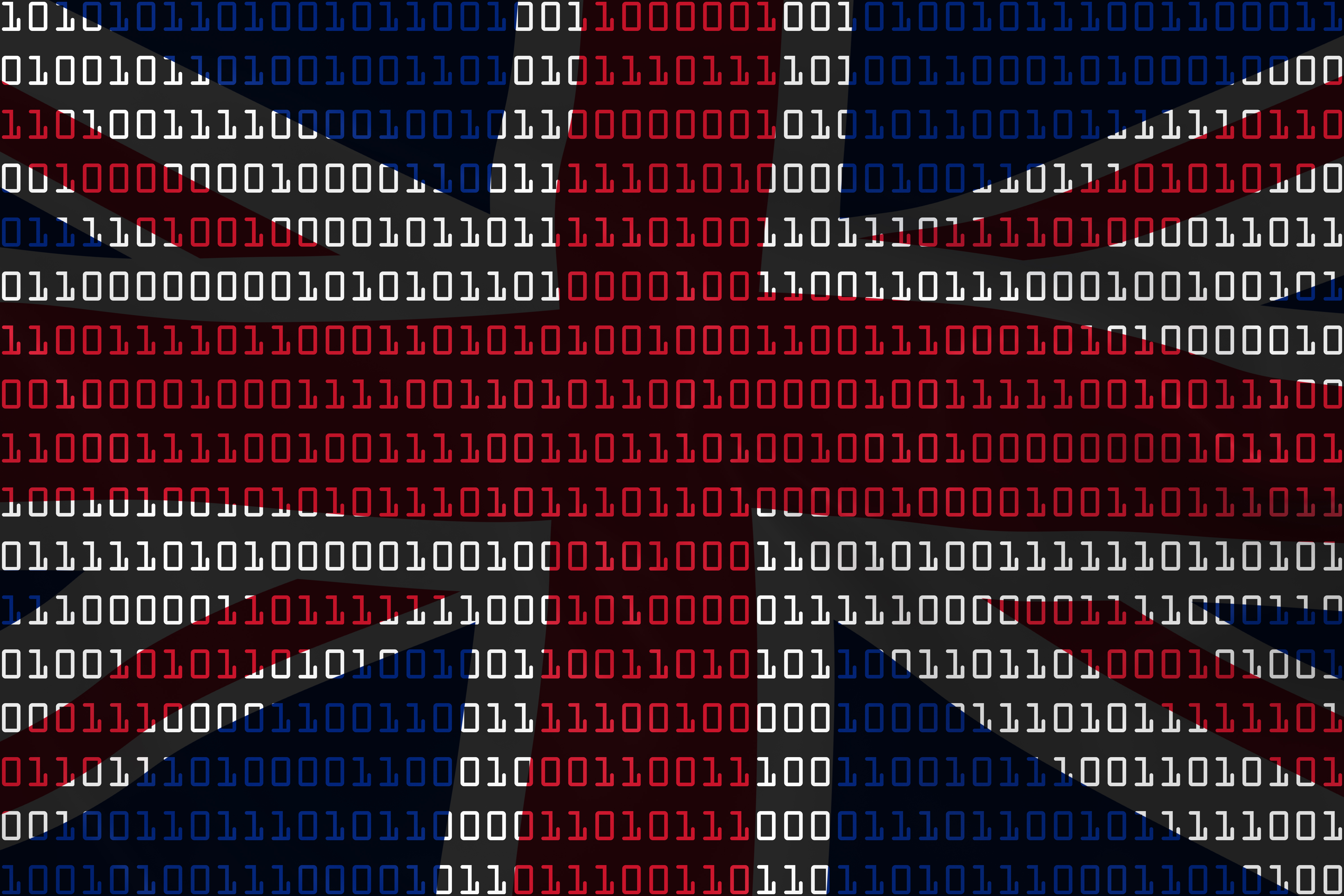 UK tech investment jumps 44%, despite Brexit uncertainty
UK tech investment jumps 44%, despite Brexit uncertaintyNews The country has sprouted eight unicorns in the past year – more than any other European nation
By Bobby Hellard
-
 Can the UK's tech sector still attract investment after Brexit?
Can the UK's tech sector still attract investment after Brexit?In-depth Some sectors may be upping sticks for the continent, but the tone in tech is far more upbeat
By Nicholas Fearn
-
 IT Pro Panel: The truth about talent
IT Pro Panel: The truth about talentIT Pro Panel Why is it still so hard to find good people?
By Adam Shepherd
-
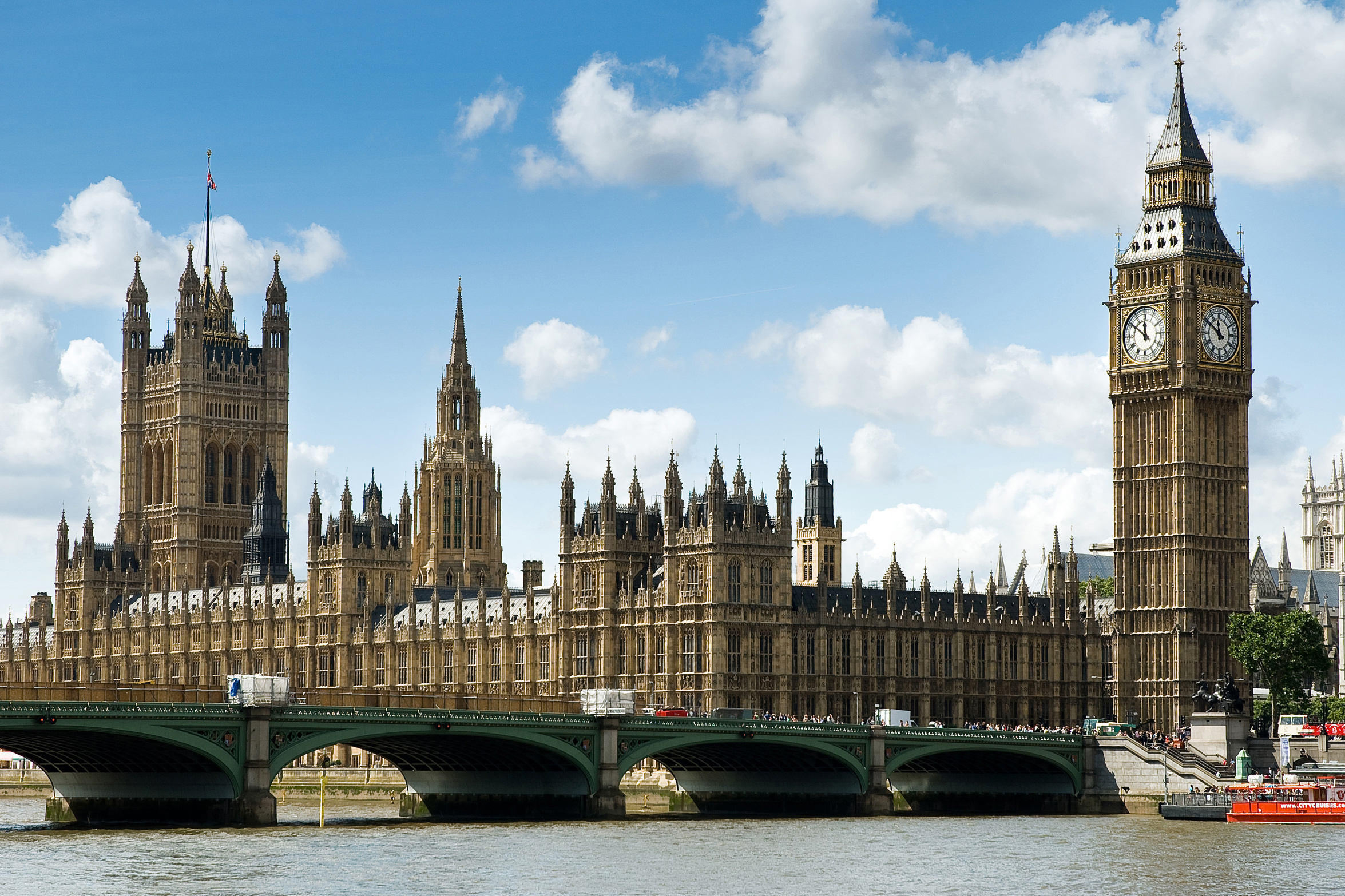 DCMS gets new boss amid Brexit reshuffle
DCMS gets new boss amid Brexit reshuffleNews Carnage in the cabinet leads to new appointments
By Adam Shepherd
-
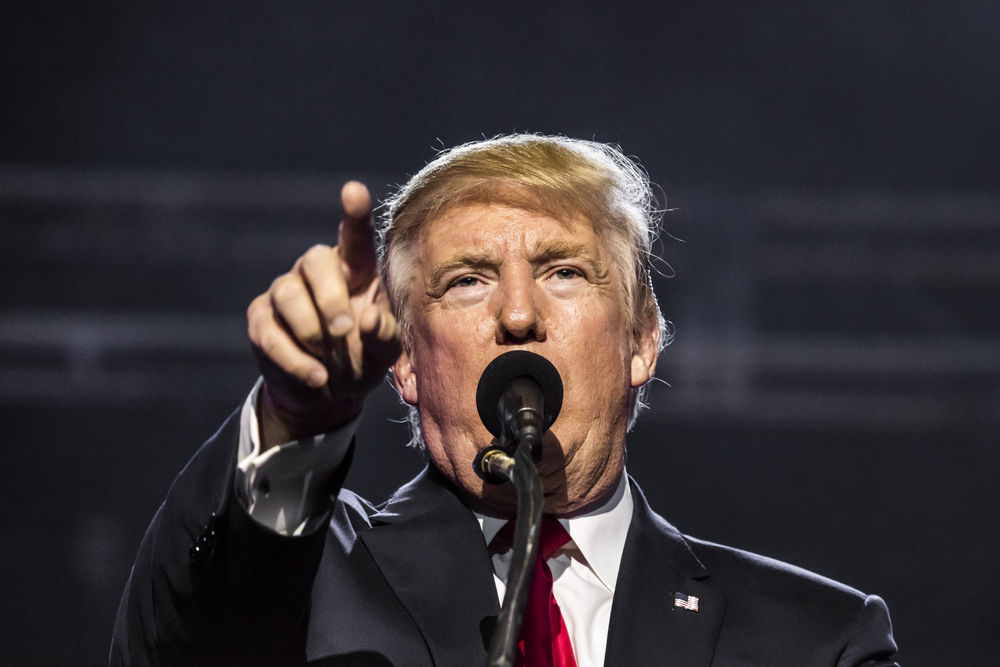 What Trump's Broadcom/Qualcomm block means for post-Brexit Britain
What Trump's Broadcom/Qualcomm block means for post-Brexit BritainIn-depth Increasing protectionism is likely to hinder UK tech deals, say experts
By Sandra Vogel
-
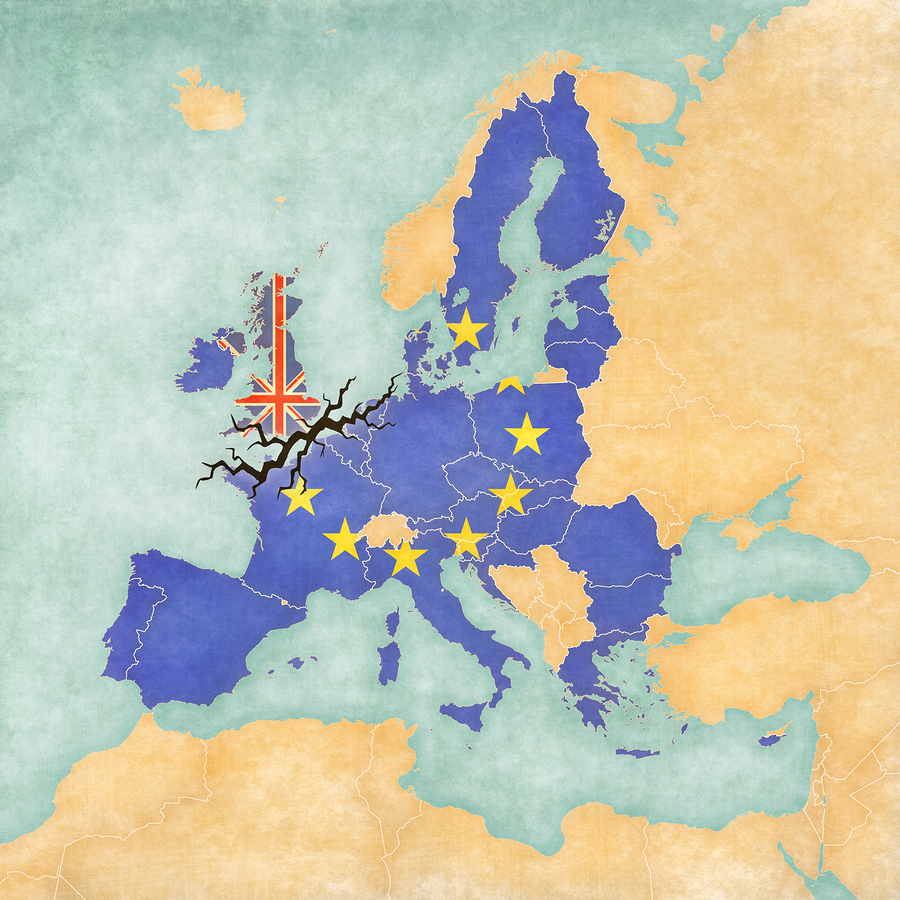 How will Brexit affect the UK tech workforce?
How will Brexit affect the UK tech workforce?In-depth With much of the country's talent coming from the EU, the split could cause skills problems
By Hannah Simms